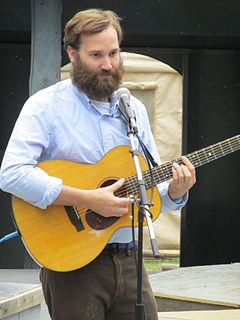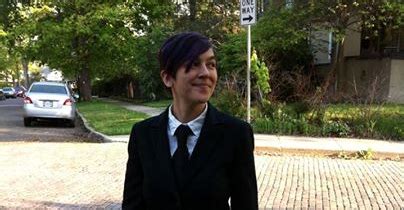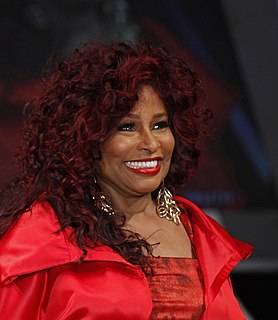A Quote by Gilbert K. Chesterton
The difficulty of explaining ‘why I am a Catholic’ is that there are ten thousand reasons all amounting to one reason: that Catholicism is true.
Quote Topics
Related Quotes
Do I address issues of the spirit, of the soul, in my work? Yes, definitely. As for being a Catholic poet, I was born in, and into, Catholicism - Eastern Rite Maronite and Melkite Catholicism. Not being Catholic has never been a choice for me - it's in my family, my ancestry, going back centuries. Catholicism, for me, is always here.
According to Adams, Jefferson proposed that he, Adams, do the writing [pf the Declaration of Independence], but that he declined, telling Jefferson he must do it. Why?" Jefferson asked, as Adams would recount. Reasons enough," Adams said. What can be your reasons?" Reason first: you are a Virginian and a Virginian ought to appear at the head of this business. Reason second: I am obnoxious, suspected and unpopular. You are very much otherwise. Reason third: You can write ten times better than I can.
I've begun to recognize myself as a Catholic writer because my whole notion of the image, of symbol, of art and what it can do, has been conditioned by my immersion in Catholic culture, ritual, and art since my earliest days. Catholicism seeped into me through every pore. Catholicism is about seeping and pores!
I was born and raised in the University of Chicago area and had an uneventful middle-class Catholic childhood. I had a heavy Catholic upbringing and Catholicism is terrible - it's the reason there were slaves. Mass every morning at seven o'clock during Lent. It's a totally negative, man-made religion.
Now the ordinary Protestant, Jew or Secularist has a stereotype about Catholicism. It consists of Spanish Catholicism, Latin-American Catholicism and, let us say, a Catholicism of O'Connor's "Great Hurrah." Now there are types of Catholicism like that but this doesn't - this doesn't do justice to the genuine relation that Catholicism has had to Democratic Society.
Pascal makes no attempt in this most famous argument to show that his Roman Catholicism is true or probably true. The reasons which he suggests for making the recommended bet on his particular faith are reasons in the sense of motives rather than reasons in the sense of grounds. Conceding, if only for the sake of the present argument, that we can have no knowledge here, Pascal tries to justify as prudent a policy of systematic self-persuasion, rather than to provide grounds for thinking that the beliefs recommended are actually true.
The most ancient parts of truth . . . also once were plastic. They also were called true for human reasons. They also mediated between still earlier truths and what in those days were novel observations. Purely objective truth, truth in whose establishment the function of giving human satisfaction in marrying previous parts of experience with newer parts played no role whatsoever, is nowhere to be found. The reasons why we call things true is the reason why they are true, for to be true means only to perform this marriage-function.
The reason it hurts so much to separate is because our souls are connected. Maybe they always have been and will be. Maybe we've lived a thousand lives before this one and in each of them we've found each other. And maybe each time, we've been forced apart for the same reasons. That means that this goodbye is both a goodbye for the past ten thousand years and a prelude to what will come.
I'm a lapsed Quaker. I don't go to meetings any more. But I'm very drawn to Catholicism - all that glitter. I'd love to be a Catholic. I think it would be fantastic - faith, forgiveness, absolution, extreme unction - all these wonderful words. I don't think anyone who was ever born a Catholic hasn't died a Catholic, no matter how lapsed they are.
I was nurtured in the church; I went to a Catholic school; I was an altar boy; I went to a Catholic university; I was steeped in the moral tradition of the Catholic Church. My Catholicism plays a very strong role. But I thought President John F.Kennedy answered rather well when he said that ultimately my conduct as a public official does not come ex cathedra from Rome; it comes from my conscience.






































